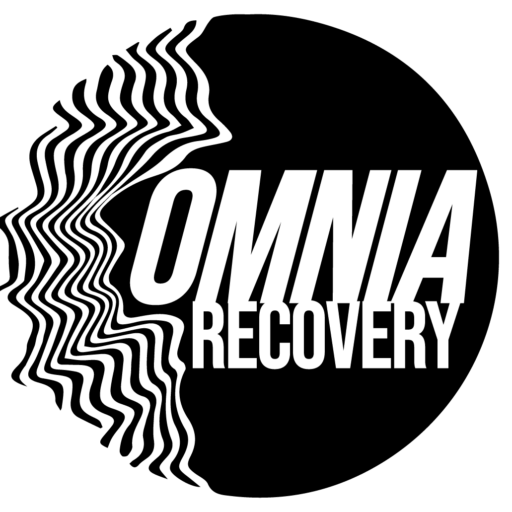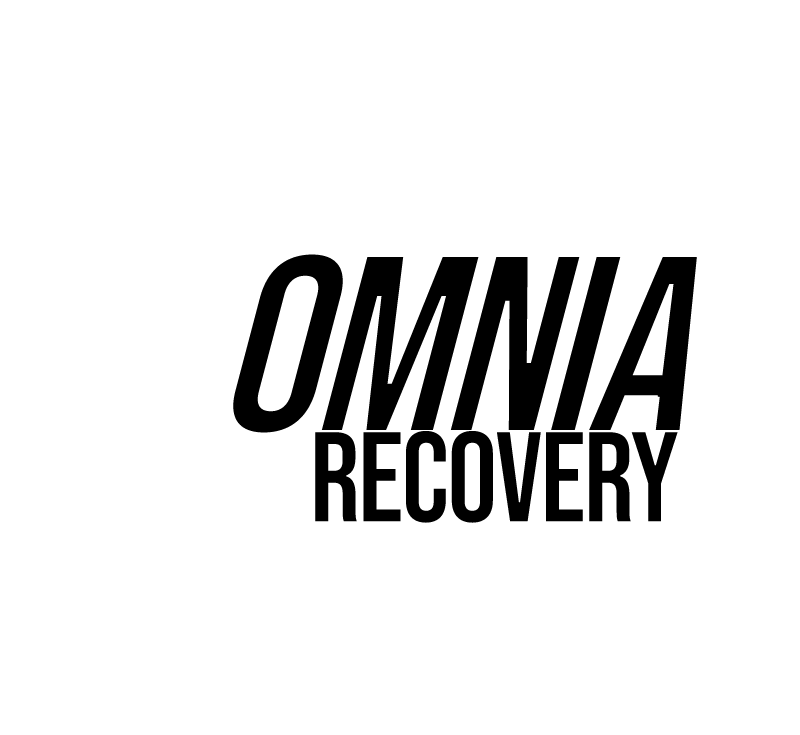Achieving sobriety is a significant accomplishment, but the journey of recovery is ongoing and requires proactive measures to prevent relapse. At Omnia Recovery, we understand the complexities of addiction and the challenges individuals face in maintaining long-term sobriety.
Contact Omnia Recovery today to learn more about our IOP in Thousand Oaks and how we can help with relapse prevention and aftercare services.
Understanding Relapse
Relapse is a common occurrence in addiction recovery, characterized by a return to substance use after a period of abstinence. It’s important to recognize that relapse is not a sign of failure but rather a part of the recovery process. By implementing preventive strategies and building a strong support system, individuals can minimize the risk of relapse and continue progressing toward a healthier, substance-free life.
Effective Strategies for Preventing Relapse
Develop Coping Skills
Learning healthy coping mechanisms is essential for managing stress, cravings, and triggers. Engage in activities that promote relaxation and emotional well-being, such as mindfulness meditation, yoga, exercise, or hobbies. These coping skills provide alternative ways to cope with challenges without resorting to substance use.
Identify Triggers and Avoidance
Recognize personal triggers that may lead to cravings or temptations to use substances. Common triggers include certain people, places, emotions, or situations. Develop a plan to avoid or minimize exposure to these triggers whenever possible, especially during the early stages of recovery.
Build a Support Network
Surround yourself with a strong support system of family, friends, therapists, and peers in recovery. Attend support group meetings, such as Alcoholics Anonymous (AA) or Narcotics Anonymous (NA), to connect with others who understand your journey. Having a supportive network provides encouragement, accountability, and guidance during challenging times.
Practice Self-Care
Prioritize self-care to maintain physical, emotional, and mental well-being. Get adequate sleep, eat nutritious meals, and engage in activities that promote relaxation and fulfillment. Taking care of yourself holistically strengthens your resilience and reduces vulnerability to relapse.
Attend Therapy and Counseling
Regular therapy sessions, such as cognitive-behavioral therapy (CBT) or dialectical behavior therapy (DBT), help address underlying issues contributing to addiction and develop effective coping strategies. Therapy provides a safe space to explore emotions, enhance self-awareness, and cultivate positive behavior changes.
Create a Relapse Prevention Plan
Work with your treatment team to develop a personalized relapse prevention plan. Identify warning signs, triggers, and specific steps to take if cravings or temptations arise. Having a structured plan in place equips you with tools to navigate potential relapse triggers effectively.
Stay Engaged in Recovery Activities
Maintain involvement in recovery-focused activities, such as support groups, therapy sessions, and educational workshops. Continuing to prioritize recovery activities reinforces commitment and provides ongoing motivation to stay sober.
Omnia Recovery Continuing Care
Preventing relapse requires dedication, self-awareness, and ongoing effort. At Omnia Recovery, we’re committed to supporting individuals in developing personalized relapse prevention strategies tailored to their unique needs and circumstances. Remember, recovery is a journey, and relapse does not define your progress. By implementing these strategies and accessing our comprehensive resources, you can empower yourself to lead a fulfilling life free from addiction.
If you or a loved one is struggling with addiction or concerned about relapse prevention, reach out to us today. Our compassionate team is here to provide guidance, support, and personalized treatment options to promote sustained recovery and well-being.




